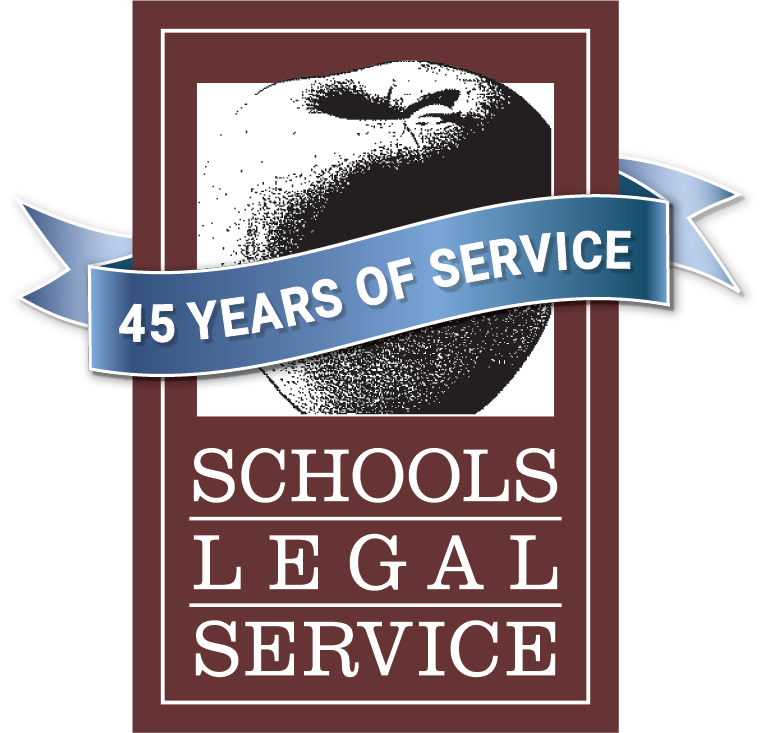Student Detentions – Randy G. Case
The California Supreme Court has upheld the conviction of a student (possession of a knife) stating that “school officials have the power to ask questions or conduct an investigation even in the absence of reasonable suspicion.” (emphasis added)
It is important to note that this case is essentially a detention case and not a search case. There is nothing to indicate that the “reasonable suspicion” standard (New Jersey v. T.L.O. (1985) 469 U.S. 325) for searching students has been modified or eliminated. However, it is clear that the broad authority to detain, question and investigate students increases the opportunity to gather facts and information which form the basis of a “reasonable suspension.”
In Randy G., a school security officer, based upon limited observations, went to a classroom and asked the minor if she could see him outside the classroom. During the course of a conversation, the school security officer asked the minor if he “had anything on him.” The minor responded “no.” A second school security officer asked for permission to search and the minor consented. A patdown search revealed that the minor was in possession of a knife.
The minor argued that the school security officer had neither articulable facts, nor a reasonable suspicion to justify his removal from class and questioning. Therefore, the resulting search was impermissible.
The Court, following an extensive review of previous detention and search cases rejected the theory that detention and/or investigation must be justified by reasonable suspicion and concluded as follows:
“We conclude . . . that the broad authority of school administrators over student behavior, school safety, and the learning environment requires that school officials have the power to stop a minor in order to ask questions or conduct an investigation even in the absence of reasonable suspicion, so long as such authority is not exercised in an arbitrary, capricious, or harassing manner.” (emphasis added)
It should be heartening to school officials that in the text of the decision, the California Supreme Court stressed the following points:
- That all students and staff have the inalienable right to attend campuses which are safe, secure and peaceful.
- That teachers and administrators must have broad supervisory and disciplinary powers.
- Encounters on school grounds between students and school personnel are constant and much more varied than those on the street between citizens and law enforcement.
- That students, to some degree, are deprived of liberty from the moment that they enter schools.
- Reasonable suspicion—whether called “particularized suspicion,” “articulable and individualized suspicion,” “founded suspicion” or “reasonable cause” need not be shown to detain or investigate a minor on school grounds.
- The mere detention and questioning of a student constitutes a more limited intrusion that a search of a student’s person or effects. It makes no sense to require the same level of suspicion to justify school officials’ actions in each situation.
- School officials are not in the business of investigating violations of the criminal laws and have little reason to become familiar with the intricacies of criminal jurisprudence.
- School officials must be permitted to exercise their broad supervisory and disciplinary powers without worrying that every encounter with a student will be converted into an opportunity for constitutional review.
- To allow minor students to challenge each detention decision would make a mockery of school discipline.
Randy G. is good news in terms of both the detention issue and the Supreme Court’s clear support of school officials unique position in society.
On the separate issue of searches, we recommend that our clients follow the “reasonable suspicion” standard and consult with Schools Legal Service as to specific facts and circumstances.
